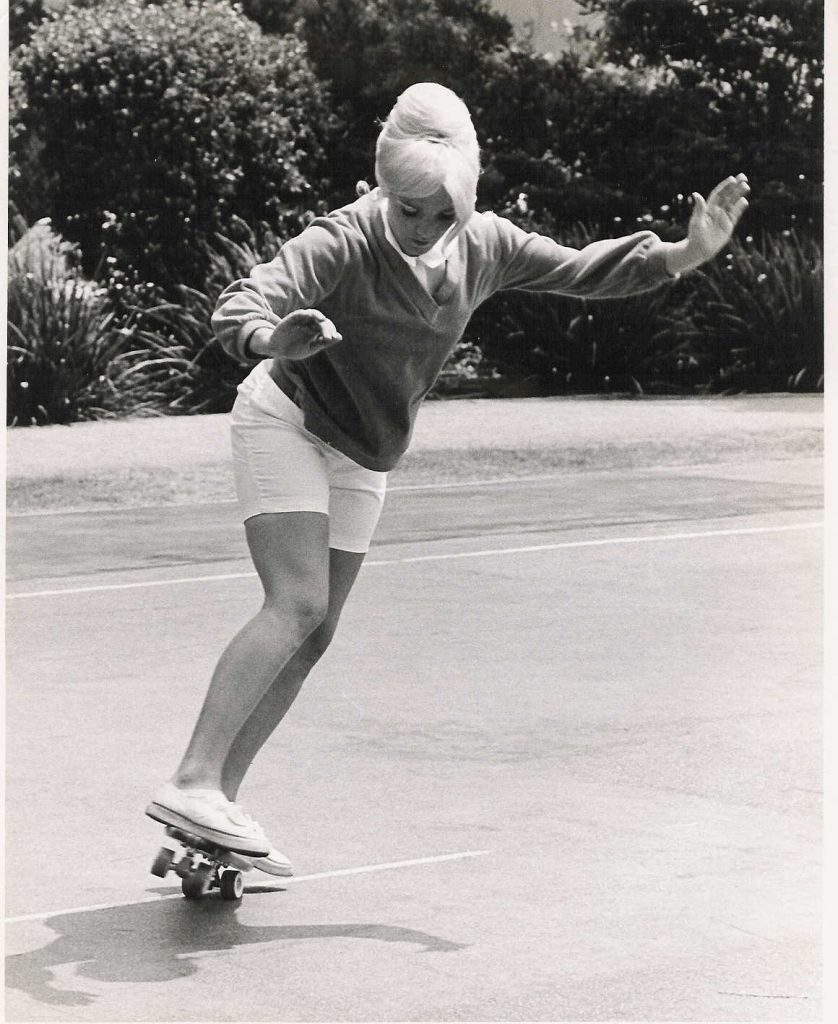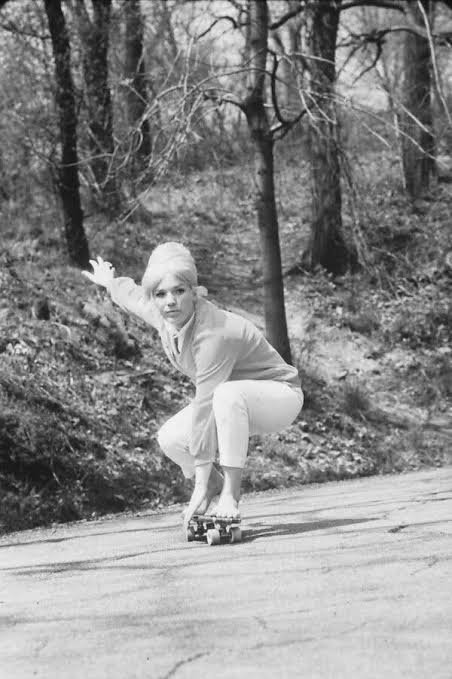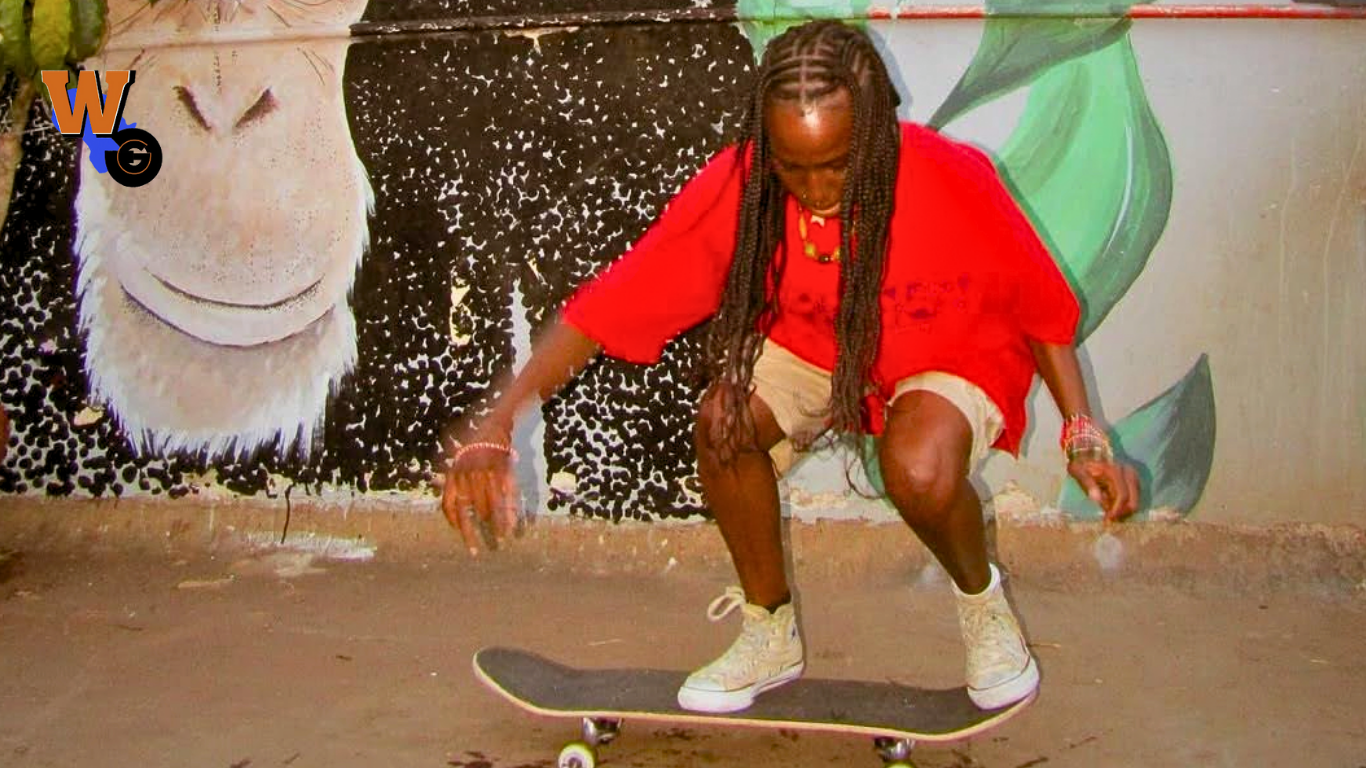Being an adult, we often prioritize hustling as opposed to feeding our child like adventures. Activities such as swimming, skating , musical activities and more are put in the backseat as they are mostly seen as a hobby rather than activities that enhance personal growth and team work. In Kenya one uprising group is set to change the piper’s tune. Every Saturday, a conspicuous assembly of female skaters gracefully maneuvers through the city’s Central Business District. This audacious group, led by Jelimo and Antoinette, not only imparts a rugged yet captivating aesthetic to the urban landscape but also challenges societal norms. Establishing such a community demands diligence, perspiration, and encounters with resistance from the local community. Despite facing these challenges, the organization has thrived for over a year, not only recruiting female members but also fostering a sisterhood community. In doing so, they shatter the misconception that women participating in sports are a rarity.
Skateboarding emerged as a popular activity in 1963 after the first skateboarding event in California. It’s often said success is a combination of luck and preparation and for Patti McGee, she bore testament to this statement. After a skateboarding instructor failed to show up for a session, a local store owner asked McGee to step up and aid in demonstration. It was from here that she embarked her journey as a female skateboard pioneer becoming the first woman to win Women’s National Skateboard Championship.


While this phenomenon hit other continents in the incoming decades, it took longer for the ideology to reach East Africa. Infrastructure and exposure heavily contributed to the delay of the craft due to lack of knowledge. The tarmac roads and lack of amenities were disadvantageous as aspiring skaters had nowhere to bud their craft. With intense “Do It Yourself ” projects and aid from German NGO skateboard, Kenyan skaters built a new home for their skateboards at Shangilia Skateboard Park in 2013. Just like other parts of the world social media acted as a big propagator towards growing the art. Videos were the main promotional tools with aspiring skaters getting their mentorship from stunts performed by skateboarders all over the world. But it was not until Play Skate that pushed Kenyan skateboarders towards this lore.
For the Skater Girls Organisation, they were faced with two dilemmas, the first being despite being a popular sport in Kenya, its growth stagnated due to the lack of knowledge. The latter being , a woman is a minority in society. This was not going to stop the all girl skater community as they weaved through trials and tribulations. Despite this, they have bent the norms popularizing the craft and even enabled interdisciplinary collaborations through music and fashion partnerships with local Kenyan brands such as Nairobi Nnoize, and more. Genie Mag had a sit down with founder Jelimo as she breaks down the concept and inception of Skater Girls
The interview has slightly been edited for reading purposes.

